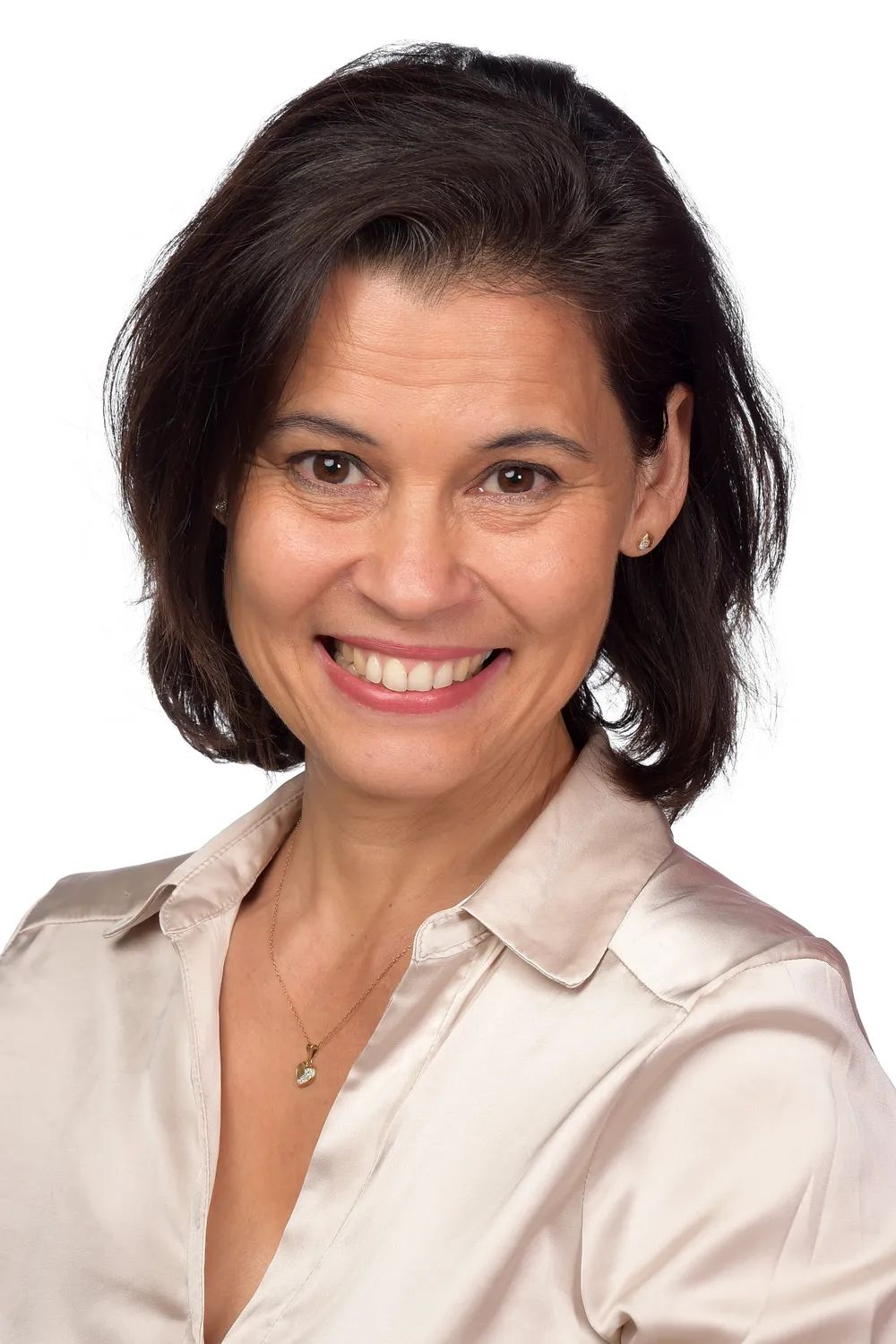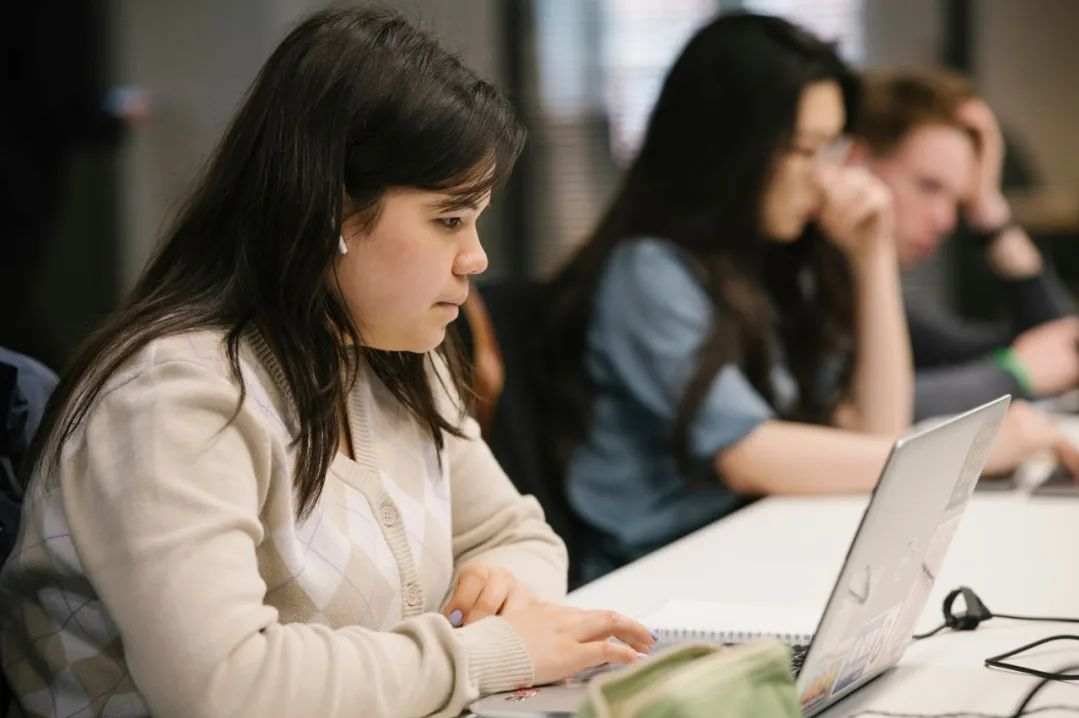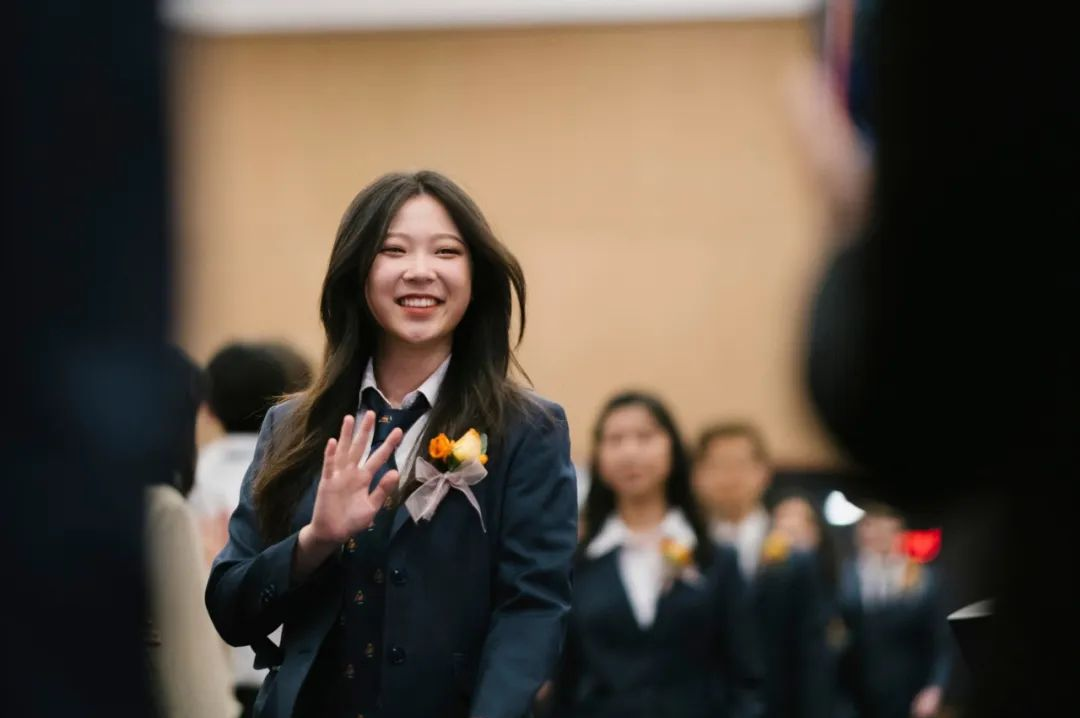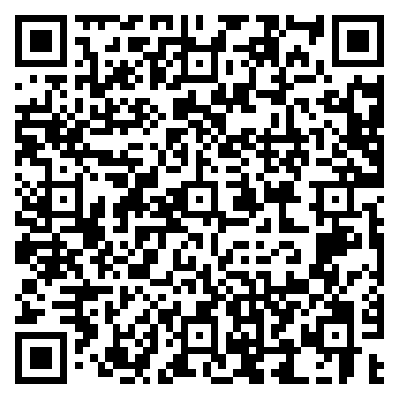Preparing your ‘TCK’ for the transition to university, part 2

Ester Keuning
In Part One of this series, I explained why third culture kids (TCKs) and international pupils have several advantages that can serve them well as they transition to university. Having grown up globally mobile, they are uniquely open and adaptable. However, because of these same life experiences, the university transition can be a tougher time for the TCK than it is for their domestic counterparts.

“Pupils and parents are, understandably, so focused on grades and gaining the best possible university offer in their final year that they often do not think about the considerable impact that moving away from friends and family will have on pupils,” says Wellington’s Director of Higher Education and Careers Stephen Tippen. “This is particularly true of pupils who have grown up in an international environment. Preparing pupils, both practically and mentally, for this transition should be a key consideration for any school and parent.”
So, today, let’s look at how these life experiences often inform the way our pupils respond to the university transition process and discuss some coping mechanisms that will help to ease the adjustment.


The high-mobility lifestyle of a TCK or international pupil often brings with it a lot of separation and loss. David Pollock and Ruth Van Reken say in their book Third Culture Kids: Growing up Among Worlds, “For most TCKs, the collection of significant losses and separations before the end of adolescence is often more than most people experience in a lifetime.”
When we lose people, things and places that are important to us, we need to grieve over them. For multiple reasons, TCKs often do not have the opportunity to grieve such losses, many of which are invisible. Instead, grief remains unresolved, swept under the carpet to deal with later. It often never is, and it emerges later in life in dysfunctional expressions of grief such as anger, depression or rebellion.

Allowing grief to run its course is considered ‘good grief.’ When TCKs can put a name on their loss, spend time with it and mourn it, they can reach closure and move forward. Parents can aid the grieving process by helping their children name their losses, especially those ‘hidden’ losses, like the taste of certain foods, sounds, smells, status, lifestyle and more.
Grief often manifests itself as homesickness in the university student. Every first-year student is going to experience some degree of homesickness, but for the TCK, it can be profound. It can be particularly lonely when their family is an ocean away. If the family has decided to repatriate or transition to another host country when they leave for school, then he or she has lost everything all at once. The TCK needs to know it is okay to feel homesick, that it is okay to crawl under the covers, put on their favourite music, pull out their yearbook and just spend time with the grief.


Global nomads also build their relationships differently from those who have grown up in one place their whole life. Domestic peers typically have time to watch and wait to see if a relationship will develop. They tend to spend a good deal of time in the safe but superficial levels of conversation to see if they can trust the other person. TCKs, on the other hand, seldom feel that they have that luxury. They will often immediately try to connect with others on a deeper level. In a more typical setting, others may interpret this as coming on too strong or sharing too much information. This can be an added source of alienation. TCKs must therefore learn to understand that relationships take time and need to be cultivated slowly.

They must also keep in mind that their domestic peers have no point of reference for the TCK experience. TCKs may be seen as boasting when simply trying to share their life stories. The domestic peer does not realise that these seemingly extravagant stories are the only ones TCKs have to share. TCKs need to learn to slowly unravel their stories and be sure to express curiosity about their peers.
Not every TCK is going to encounter challenges in adjusting to university life. In fact, because they are used to change, they often fare better than many of their domestic counterparts. But for those who are not prepared, it can be difficult to recover from the unexpected challenges. Advance preparation can significantly ease the adjustment process and enable these wonderfully gifted children to leverage their international experiences and make the most of their college years and beyond.
Suggested reading on TCK identity development can be found in Raising Global Nomads by Robin Pascoe. I also recommend The Global Nomad’s Guide to University Transition. This is the first and only book written for children who have been living outside their passport countries but are either returning ‘home’ or transitioning to another host country for university. It offers an illuminating discussion of the psycho-social issues TCKs encounter when entering a new culture and offers helpful advice on university navigating university life.

A Wellington Welcome
Wellington is taking rolling applications for the 2021-22 academic year and inviting future Wellingtonians to join us for tailored campus tours for 2022 entry.
Children and young adults applying for our Senior School (years 9 through 13) and Academic Scholarship programmes are encouraged to visit and experience Wellington first-hand.
For those interested, please complete a registration form by scanning below QR code.

Related Articles













